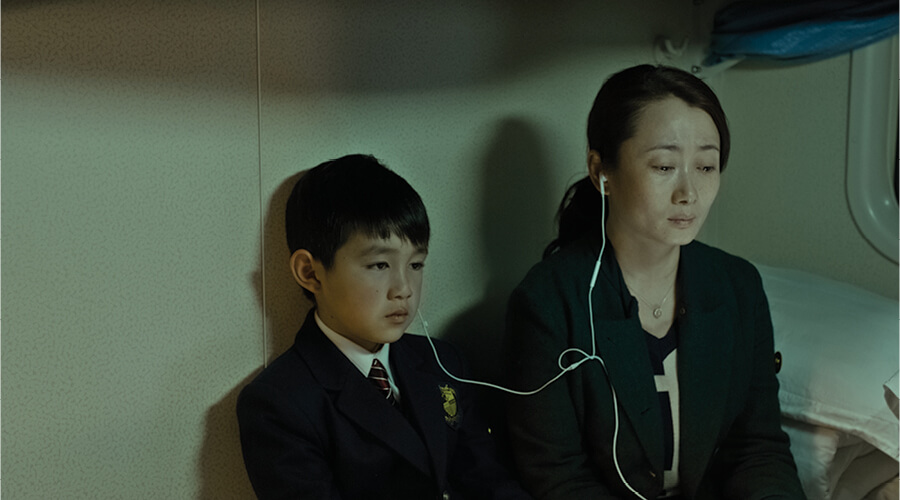Go East: Mountains May Depart


Mountains May Depart
Directed by Jia Zhangke
Opens February 12
It is more than a little remarkable and fortunate that cinema is around to observe and report on the epochal changes occurring in China today. And for this scale of social and economic upheaval—the migrations and mass re-employment (and sometimes enrichment) of hundreds of millions of people, the uprooting of centuries of tradition—we’re doubly fortunate that Jia Zhangke is around. A thriving portraitist of rare skill and sensitivity, Jia has tracked the shifts in mood amidst these great changes, from the small towns of his earliest films, to the massive Three Gorges Dam Project in the mural-like Still Life, to the three boldly violent tales of A Touch of Sin, with hybrid experiments like 24 City still yet to be fully reckoned with. Each time, he throws himself into the maelstrom again to find a form and dimension suitable for his great subject—and after the three tales of Touch come the three ages of Mountains May Depart.


Jia has described Mountains May Depart as arising out of his own experiences with his mother, and feeling like his monetary success was actually clouding their connection.
Jia’s new film begins as all chronicles of an awe-inspiring era should, with “Go West” by the Pet Shop Boys. The scene is a 1999 New Year’s Eve party, and a conga line begins. The celebration has an innocence and exuberance, kicking off a film that will span three distinct moments: these early days, when a young woman named Tao (Zhao Tao) chooses between a miner and an up-and-coming business hustler; the present, or 2014, when Tao has a child by the businessman, but is no longer married, and the rejected miner is dying; and finally, with bracing ambition, a decade into the future, when Tao’s college-age son lives in an Australian city. The first two chapters especially show Jia working from the inside out, rather than using the trappings of progress, to portray these characters as they stake out their identity.
While not the focus of the film, Tao provides its heart through her ordinary tale of success, with the love triangle among friends in the first section leading to the rough contrasts between comfort and suffering in the second. By the third, her English-speaking son, Dollar, is front and center, confirming the churn of generations, and the growth of a global culture. His romance with a middle-aged woman (played by Sylvia Chang) arises out of an search for a maternal substitute, but also feels like part of a brave new world (which is also how I explained away the middling dialogue). Shunning the common urge to stretch out a broad canvas to capture the past, Jia ends with a 2.35 widescreen only after building up from smaller aspect ratios, but this sense of “more” comes to reflect an emotional lack.
Jia has described Mountains May Depart as arising out of his own experiences with his mother, and feeling like his monetary success was actually clouding their connection. And as the film expands and its characters age, that feeling of being cut adrift only intensifies. It might sound like no earth-shattering insight that money and modernity can erode relationships and a grounded sense of self, but it takes an omniscient (and omnivorous) narrator like Jia to be everywhere—close by the human reality observed in minute interactions, and against the backdrop of a world that threatens to muffle their spirit.
You might also like 




















